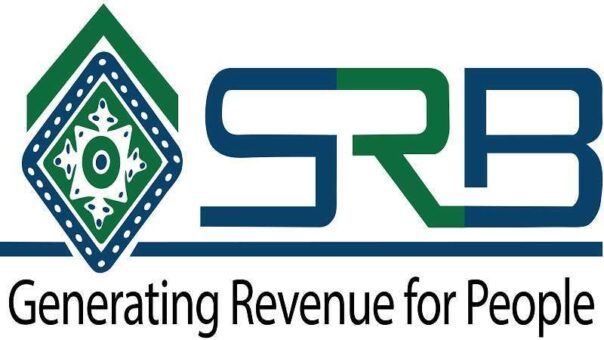Karachi, July 19, 2025 — In a significant regulatory move, the Sindh Revenue Board (SRB) has issued fresh guidelines to enhance tax collection from the growing food delivery sector.
Through notification No. 3-4/47/2025, dated July 16, 2025, the SRB has amended the Sindh Sales Tax Special Procedure (Collection Agent) Rules, 2024, introducing a structured mechanism to ensure proper taxation on food delivery services.
Under the newly notified rules, food delivery platforms and third-party food delivery service providers operating in Sindh are now designated as collection agents responsible for deducting sales tax on behalf of the provincial government. This measure targets services provided by restaurants and homechefs, whether registered or unregistered under Sections 24, 24A, or 24B of the Sindh Sales Tax on Services Act.
According to the notification, if the payment for food services is made via digital means—such as debit or credit cards, mobile wallets, or QR scanning—the applicable sales tax rate is set at 8%, with no input tax credit or adjustment allowed. In cases where cash or other non-digital methods are used, a standard sales tax rate of 15% will apply.
However, food delivery agents themselves will only be required to collect 50% of the total sales tax on payments made to registered restaurants or homechefs, based on the applicable rate. For unregistered food service providers, the full 15% tax will still apply, but the food delivery agent will collect 1% of the total sales tax amount as per the new rule.
The SRB clarified that these rules are intended to streamline tax collection and ensure that the fast-growing food delivery ecosystem, which includes app-based platforms, aggregators, and local delivery services, contributes fairly to Sindh’s revenue base. As food delivery becomes an increasingly essential service in urban areas, especially Karachi, the provincial government aims to bring more transparency and regulation into the sector.
These changes are expected to impact major food delivery platforms operating in Sindh, prompting them to revise their tax compliance procedures. With the introduction of these structured guidelines, the food delivery industry now has clearer legal obligations under provincial law. The move signals Sindh’s continued efforts to modernize its tax regime and capture untapped revenue from the evolving digital economy.
